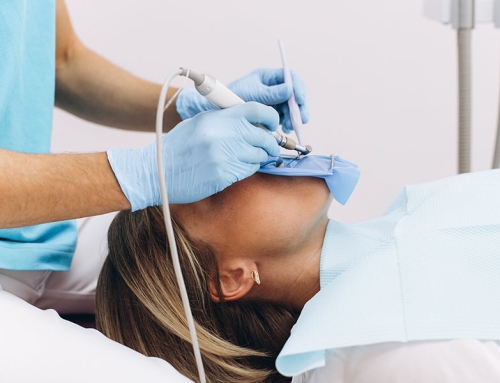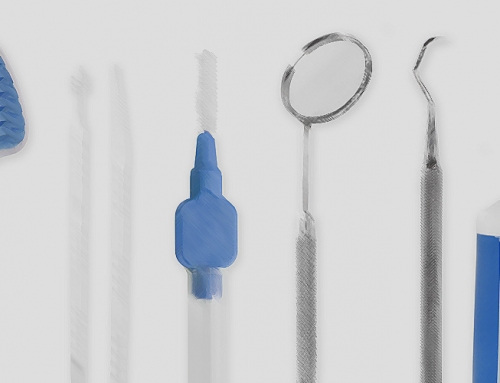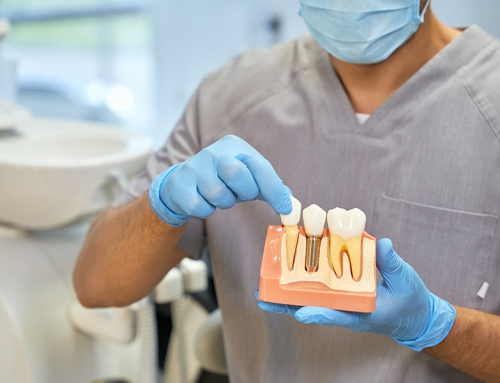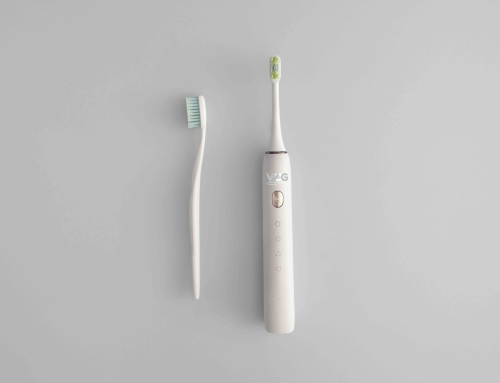Periodontal Therapy
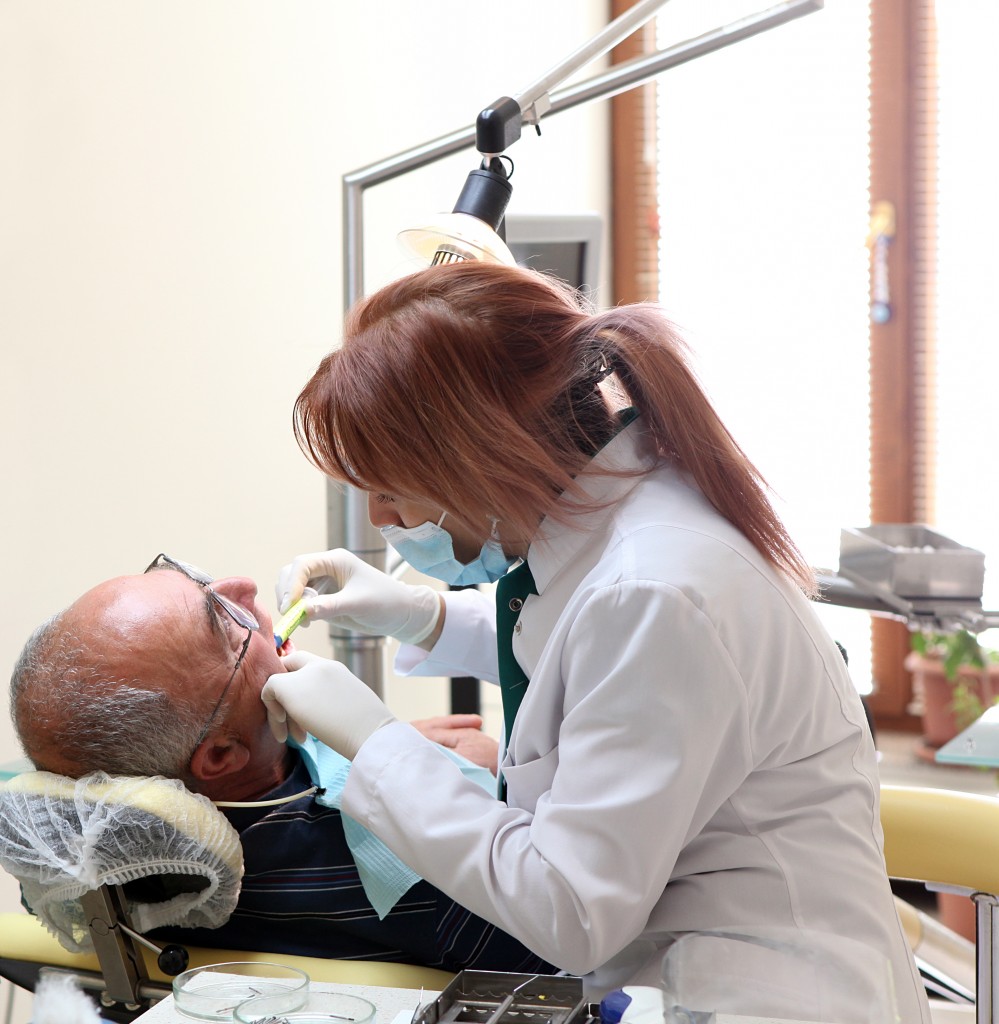
Many people suffer from gum disease. It could be as simple as inflammation of the gums or a more serious condition that can cause damage to the tissues and bones that support the teeth. If treatment is not provided, patients often lose their teeth due to gum disease. Patients can now seek periodontal therapy from Welch Dental Group to avoid tooth loss.
Periodontal therapy is a set of procedures that aims to address disorders of the soft tissues surrounding the teeth. Gum disease is caused by plaque that has hardened on the tooth due to insufficient dental care. Regular brushing and flossing cannot remove tartar and plaque. Regular dental check-ups reduce the risk of gum disease.
Periodontal therapy can also help address gingivitis and periodontitis. Gingivitis is caused by bacteria on the teeth, which results in the inflammation and bleeding of the gums. Periodontitis, on the other hand, is a more serious type of gum disease that can be corrected by periodontal therapy. This is characterized by the pockets or spaces that are formed when the gums pull away from the teeth. These open pockets can cause bacteria to enter the teeth and eventually break down the bone and tissues that hold your teeth in place.
What are the different types of periodontal treatments?
The type of periodontal therapy that our team of experts will recommend largely depends on the extent of damage that the gums have suffered. Below is the most common type of periodontal therapy that we offer to our patients:
- Scaling and Root Planing – also known as deep cleaning. This method involves the removal of plaque that has bonded to the teeth. The tartar found below the gum line is scraped off. Laser can also be used to perform this procedure to reduce incidence of swelling, bleeding and patient discomfort.
- Medications – during scaling and root planing procedures, medications can be administered to treat and help prevent gum disease. These, however, cannot take the place of oral surgery needed to treat the gum disease but can help alleviate the symptoms associated with the disorder.
- Flap Surgery – in cases where inflammation and pockets still persist after deep cleaning and administering medications, your dentist will recommend surgery as part of your periodontal therapy. A flap surgery can help remove deep-seated tartar deposits in the pockets to help keep the area clean. The gums are lifted back, cleaned, and are sutured back into place so that they lie snugly around the tooth.
- Bone and Tissue Grafts – when any of the patient’s bone or gum tissue was lost due to gum disease, a bone and tissue graft procedure may be recommended as part of your periodontal therapy. This involves the use of a natural or a synthetic bone that will promote bone growth when placed in the area where the bone was lost.

